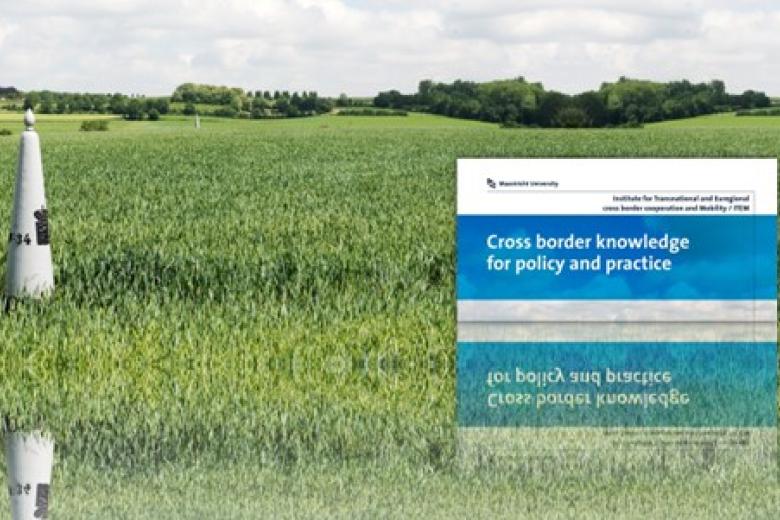The new economic governance of the Eurozone – a rule of law analysis
The Eurozone crisis has radically reshaped the inner structures of the Economic and Monetary Union (EMU). The economic pillar of the construct, in particular, has undergone an unprecedented metamorphosis.
Reforms such as the Treaty on Stability, Coordination and Governance (TSCG), the Six-Pack, or the Two-Pack have brought about a new regime of economic governance in the Eurozone and have dramatically changed the ways economic, fiscal and social policies are being conducted in the currency union.
These changes, which constitute the object of this doctoral research, beg many questions of a constitutional nature, as to the power relationships between the European Union (EU) and the Member States in the Eurozone, the institutional equilibria at the supranational level, the ability of law to constrain political and economic power, or the place of the individual in the integration project.
The main ambition of this research has been to determine if, and to what extent, the new economic governance of the Eurozone adheres to the founding constitutional guarantees of the EU legal order, namely those drawn from the rule of law principle. In so doing, it has answered the following research question: in its post-crisis version, does the economic and budgetary governance framework of the Eurozone live up to the EU’s constitutional commitment to the rule of law? In order to do so, this doctoral thesis has proceeded in a three-step process.
Also read
-
ITEM continues: Advancing cross-border cooperation and impact
ITEM enters new phase within UM Faculty of Law from 2025.

-
IGIR seminar series
The IGIR seminar series will be launched after the Summer break. Our aim is to offer a nice and friendly environment for staff members and visiting researchers to present their ongoing research.

-
Inaugural lecture Jan Willem van Prooijen
What drives people to embrace radical conspiracy theories, sometimes with far-reaching consequences for society? During his inaugural lecture on Friday 27 June, Prof. Dr. Jan Willem van Prooijen (radicalisation, extremism, and conspiracy thinking) will address this urgent question.
